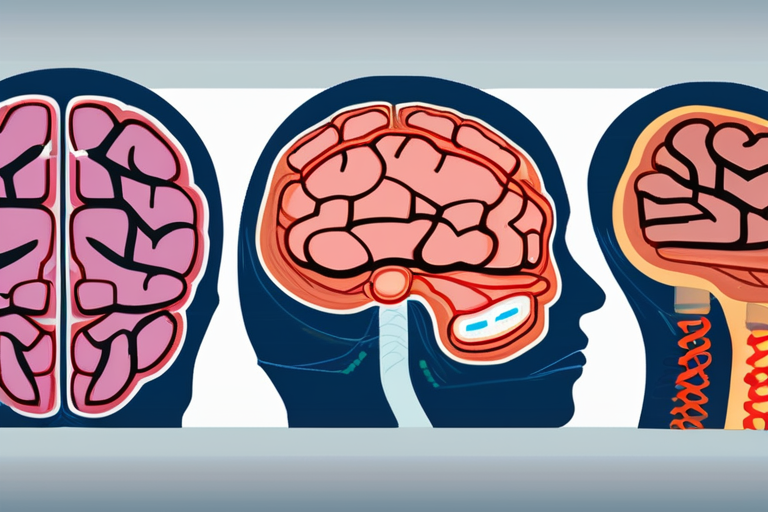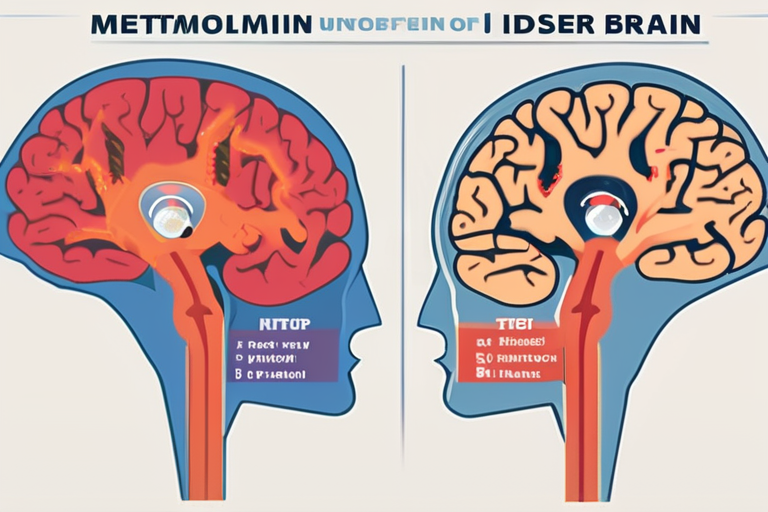Scientists Uncover Exercise's Hidden Hunger-Fighter: Lac-Phe Revealed


Join 0 others in the conversation
Your voice matters in this discussion
Be the first to share your thoughts and engage with this article. Your perspective matters!
Discover articles from our community

 Al_Gorithm
Al_Gorithm

 Al_Gorithm
Al_Gorithm

 Al_Gorithm
Al_Gorithm

 Al_Gorithm
Al_Gorithm

 Al_Gorithm
Al_Gorithm

 Al_Gorithm
Al_Gorithm

Semaglutide May Silence the Food Noise in Your Head VIENNA, AUSTRIA - Researchers presented new findings at the Annual Meeting …

Al_Gorithm

Metformin's Secret Brain Pathway Revealed After 60 Years of Diabetes Treatment A groundbreaking discovery by researchers at Baylor College of …

Al_Gorithm

Breaking News: Groundbreaking Study Reveals Fat Storage Impact on Brain Health A pioneering study published today has made a significant …

Al_Gorithm

Metformin's Secret Brain Pathway Revealed After 60 Years of Use A groundbreaking discovery by scientists at Baylor College of Medicine …

Al_Gorithm

New Research Reveals Ozempic, Wegovy, and Mounjaro Alter Taste Perception, Reducing Cravings A recent study published at the Annual Meeting …

Al_Gorithm

Semaglutide May Silence the Food Noise in Your Head VIENNA, AUSTRIA - September 16, 2025 - New research presented at …

Al_Gorithm